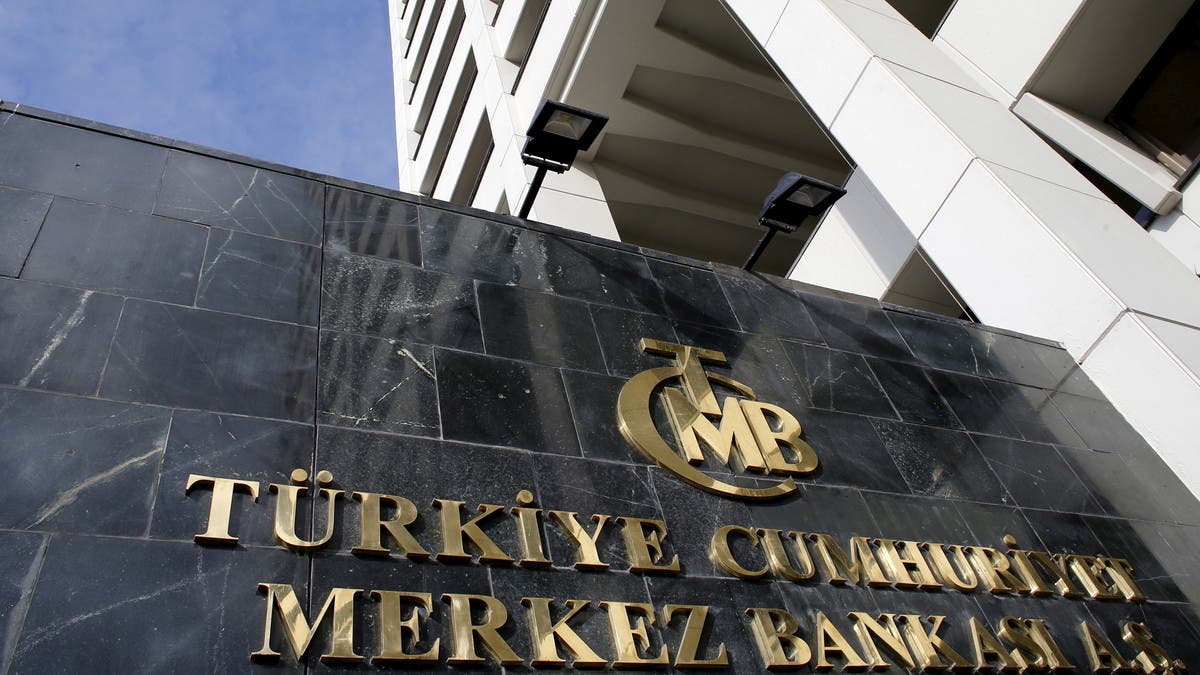Turkey’s central bank kept its benchmark interest rate unchanged for a third month on Thursday, even as Federal Reserve tightening and a renewed surge in inflation test President Recep Tayyip Erdogan’s resolve.
The Monetary Policy Committee held its one-week repo rate at 14 percent as forecast by all of the 21 analysts surveyed by Bloomberg.
For the latest headlines, follow our Google News channel online or via the app.
A self-described “enemy of interest rates,” Erdogan has said he’s prioritizing export-led growth though inflation is now running above 54 percent, driven by a weaker lira and jump in the cost of energy since Russia’s invasion of Ukraine.
That puts Turkey out of step with the world’s largest economy, which hiked rates by 0.25 percent on Wednesday, as well as many emerging markets, which are scrambling to change policy direction as jittery investors flee.
“Instead of raising rates as Poland’s and Hungary’s central banks have done in response to the inflationary shock caused by the war in Ukraine, the CBRT opted to keep its policy rate unchanged, said Piotr Matys, an analyst at InTouch Capital Markets Ltd. “Today’s decision is yet another confirmation that the CBRT shares President Erdogan’s unorthodox view on monetary policy and inflation.
Erdogan espouses the unconventional view that higher interest rates exacerbate inflation.
The central bank said it kept borrowing costs steady because inflation was being fueled by the war and would ease once the conflict ends.
One important change in the central bank language was the removal of any reference to a current-account surplus target for this year. That was touted a key outcome of Turkey’s export-focused pivot, but a rally in global commodity prices has widened its foreign trade gap. The current-account posted widening deficits in the three months through January.
The bank said it’s monitoring those risks and that a “sustainable current-account balance is important for price stability.
Adjusted for inflation, Turkey’s borrowing costs are already at negative 40.4 percent, the lowest among peers by far. That’s put pressure on a beleaguered currency that authorities want to stabilize and made Turkish debt relatively unattractive to investors.
The lira, which was already down almost 10 percent against the dollar since the beginning of 2022, extended losses to trade 1.1 percent lower at at 14.7861 per dollar at 2:15 p.m. local time.
Consumer price gains will also get a jolt from producers, which saw inflation breach 105 percent last month, the worst reading since 1995.
With the country heading into an election year, some investors predict Erdogan will ultimately decide the burden on voters isn’t worth it.
“We think market conditions will be harsh enough to lead the central bank to tighter monetary policy,” said Enver Erkan, chief economist at Tera Yatirim before Thursday’s decision. “In an environment where global financial risks are increasing, we do not find current rates sustainable.”
Turkey’s Statistical Institute will publish March inflation data on April 4 and the next rates decision is scheduled to take place on April 14.
Read more: Turkey’s lira declines to weakest since December over Ukraine concerns

 World2 years ago
World2 years ago
 World2 years ago
World2 years ago
 Entertainment7 years ago
Entertainment7 years ago
 World7 years ago
World7 years ago
 Entertainment7 years ago
Entertainment7 years ago






